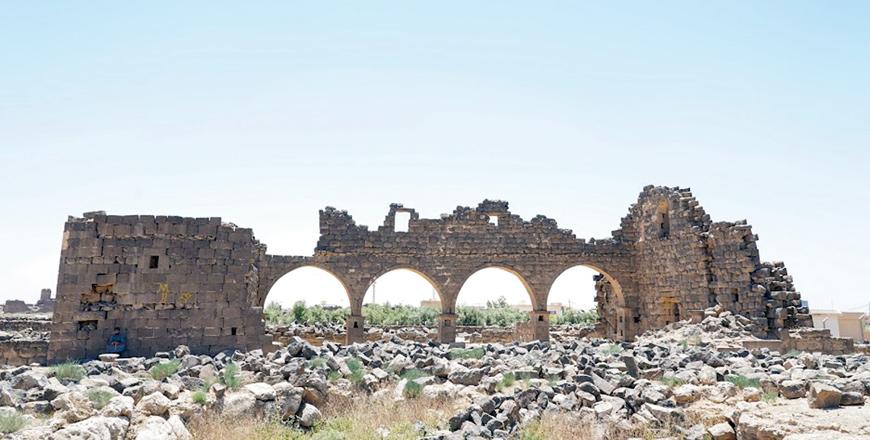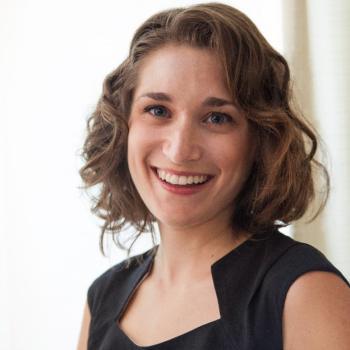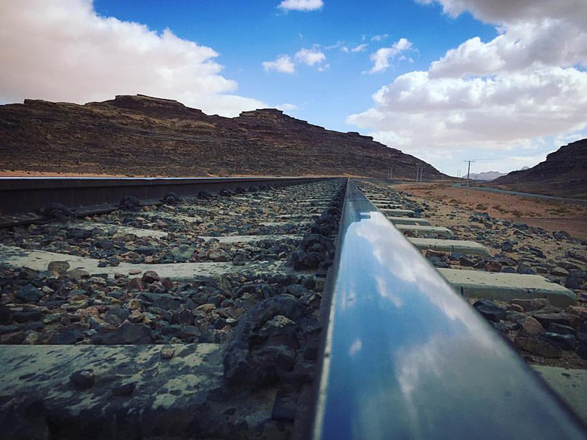You are here
Wadi Musa, Umm Al Jimal residents receive training on archaeological site conservation, restoration
By Saeb Rawashdeh - May 08,2021 - Last updated at May 08,2021

Remains of Umm Al Jimal, located some 17km northwest of Mafraq (Photo courtesy of Allison Mickel)
AMMAN — Two startups have been working on community capacity building in Wadi Musa and Umm Al Jimal which includes training of residents of the two historic towns on conservation and restoration of archaeological sites.
In a recent interview with The Jordan Times, American scholar Allison Mickel said that the aim of the project “Turning over the Spade” is to document the formation of two startup companies in Jordan: Sela for Vocational Training and Protection of Cultural Heritage in Wadi Musa, and Hand by Hand Heritage in Umm Al Jimal.
“These two companies have similar goals — both want to build local capacity to make decisions and care for the archaeological sites where they live. Both companies are working to train and certify local community members in aspects of archaeology and tourism, and to build up these employment sectors,” said Mickel, a professor of anthropology at Lehigh University.
Mickel said that the training will play a role in helping local community members assert and have more control over the future of their cultural heritage. “But for this to happen meaningfully, changes in a lot of areas and at a lot of different levels, both within Jordan and internationally are needed.”
“There is a lot of enthusiasm in Jordan across the academic, governmental, and public sectors to preserve archaeological sites and encourage visitation from Jordanians and foreigners alike,” Mickele said, adding, “There is not always agreement about how to go about this, and who should be responsible for what aspects of preservation and promotion.”
For Mickele, watching how these two companies, and other interlocutors, navigate those questions has been fascinating.
Summarising her experience with Umm Al Jimal Project( run by the late Professor Bert de Vries), Mickel said: “After its founding, Hand by Hand Heritage ran some trainings, including in tour guiding, in kitchen management, to prepare the local community to be able to provide tourists with a range of services in the future. Meanwhile, De Vries, and the Umm Al Jamal Project worked with the Ministry of Tourism and the Department of Antiquities to build a new visitor’s centre which had a grand opening in 2019. “
The visitor’s centre has a kitchen, gift shop, exhibits about the site and an inscription garden, Mickel said, adding that, due to the site’s proximity to the Syrian border and the COVID-19 pandemic, Hand by Hand Heritage has not really had the opportunity to reach its potential for welcoming tourists that it might have had were it not for these circumstances that are outside the company’s control.
Instead, the members of Hand by Hand have spent a great deal of time documenting and writing about the oral history of their community, the anthropologist said.
“Studying this site has been instructive in showing both how precarious and uncertain of a sector tourism is, but also the desire that many Jordanian people have to share their cultural heritage, memories, and traditions— even through the challenges of a global pandemic,” Mickel underscored.
Related Articles
AMMAN — Being in direct touch with the population of Petra, an American anthropologist realised that they are "deeply emotionally connected
AMMAN — The Jordan Hejaz Railway Corporation, in partnership with Umm Jimal Municipality, will launch the first tourist train journey from A
AMMAN — His Majesty King Abdullah, accompanied by HRH Crown Prince Hussein, visited the archaeological site at Umm Al Jimal in the Northern

















